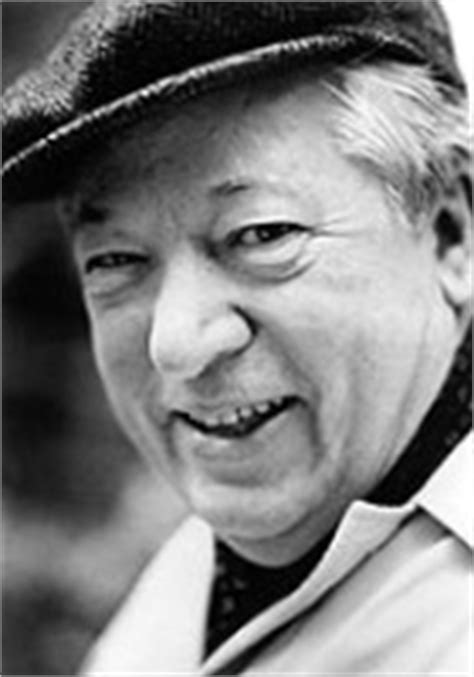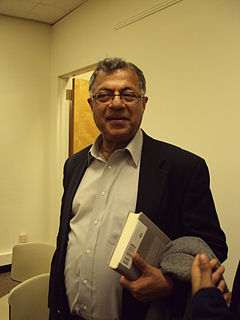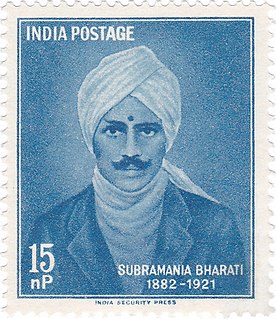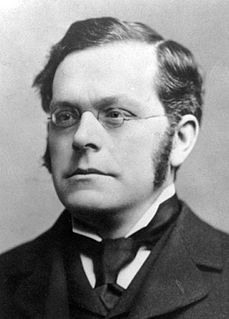A Quote by Alphonse de Lamartine
Sad is his lot, who, once at least in his life, has not been a poet.
Related Quotes
I am not sure, once a poet has found out what has been written already, and how it was written - once, in short, he has learnt his trade - that he should bother with literature at all. Poetry is not like surgery, a technique that can be copied. Every operation the poet performs is unique, and need never be done again.
At least once every human should have to run for his life, to teach him that milk does not come from supermarkets, that safety does not come from policemen, that 'news' is not something that happens to other people. He might learn how his ancestors lived and that he himself is no different--in the crunch his life depends on his agility, alertness, and personal resourcefulness.
No one accuses the Gunner of maudlin affection for anything except his beasts and his weapons. He hasn't the time. He serves at least three jealous gods—his horse and all its saddlery and harness; his gun, whose least detail of efficiency is more important than men's lives; and, when these have been attended to, the never-ending mystery of his art commands him.
Leonard [Nimoy] was such a teacher for me. He was one of the most fully realized human beings I have ever known on every level - in his personal life with his personal relationships and his love for his wife and his evolution with his family. Then as an artist, as an actor, as a writer, as a poet, and as a photographer. He never stopped.
Genius in the poet, like the nomad of Arabia, ever a wanderer, still ever makes a home where the well or the palm-tree invites it to pitch the tent. Perpetually passing out of himself and his own positive circumstantial condition of being into other hearts and into other conditions, the poet obtains his knowledge of human life by transporting his own life into the lives of others.
The comedy gods are smiling on me tonight, because I have been saying, for the longest time, that president Bush must set a timetable for removing his head from his ass...and, by god, today they went in and looked for it... They didn't find it. So now we don't know where it is, but at least for once in my life, I get to see the words "Bush", "operation", and "success" in the same sentence.
The poet's, the writer's, duty is to write about these things. It is his privilege to help man endure by lifting his heart, by reminding him of the courage and honor and hope and pride and compassion and pity and sacrifice which have been the glory of his past. The poet's voice need not merely be the record of man, it can be one of the props, the pillars to help him endure and prevail.
A poet is no rattlebrain, saying what comes uppermost, and, because he says every thing, saying, at last, something good; but a heart in unison with his time and country. There is nothing whimsical or fantastic in his production, but sweet and sad earnest, freighted with the weightiest convictions, and pointed with the most determined aim which any man or class knows of in his times.
So, then, the best of the historian is subject to the poet; for whatsoever action or faction, whatsoever counsel, policy, or war-stratagem the historian is bound to recite, that may the poet, if he list, with his imitation make his own, beautifying it both for further teaching and more delighting, as it pleaseth him; having all, from Dante’s Heaven to his Hell, under the authority of his pen.







































